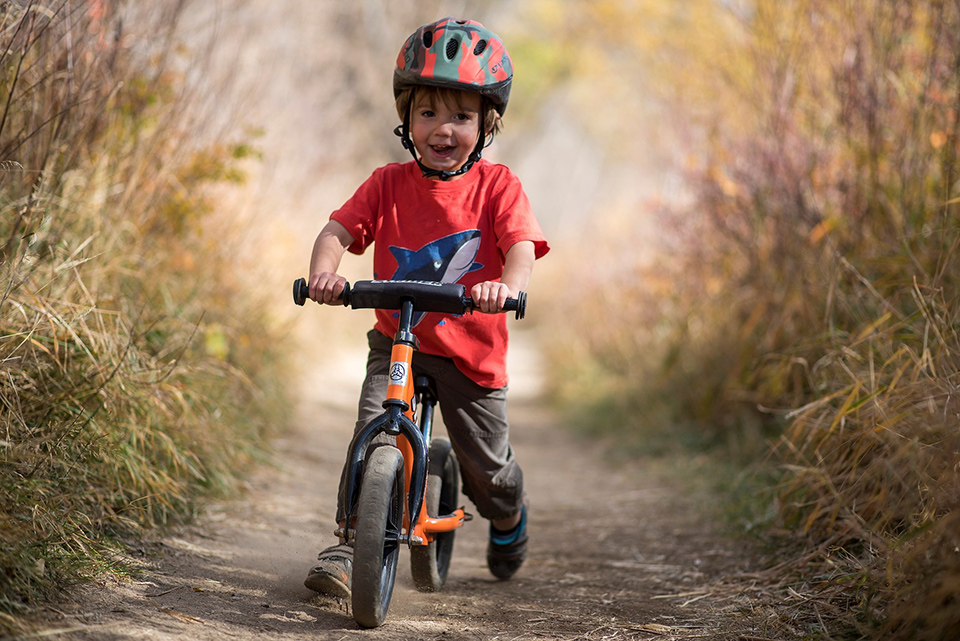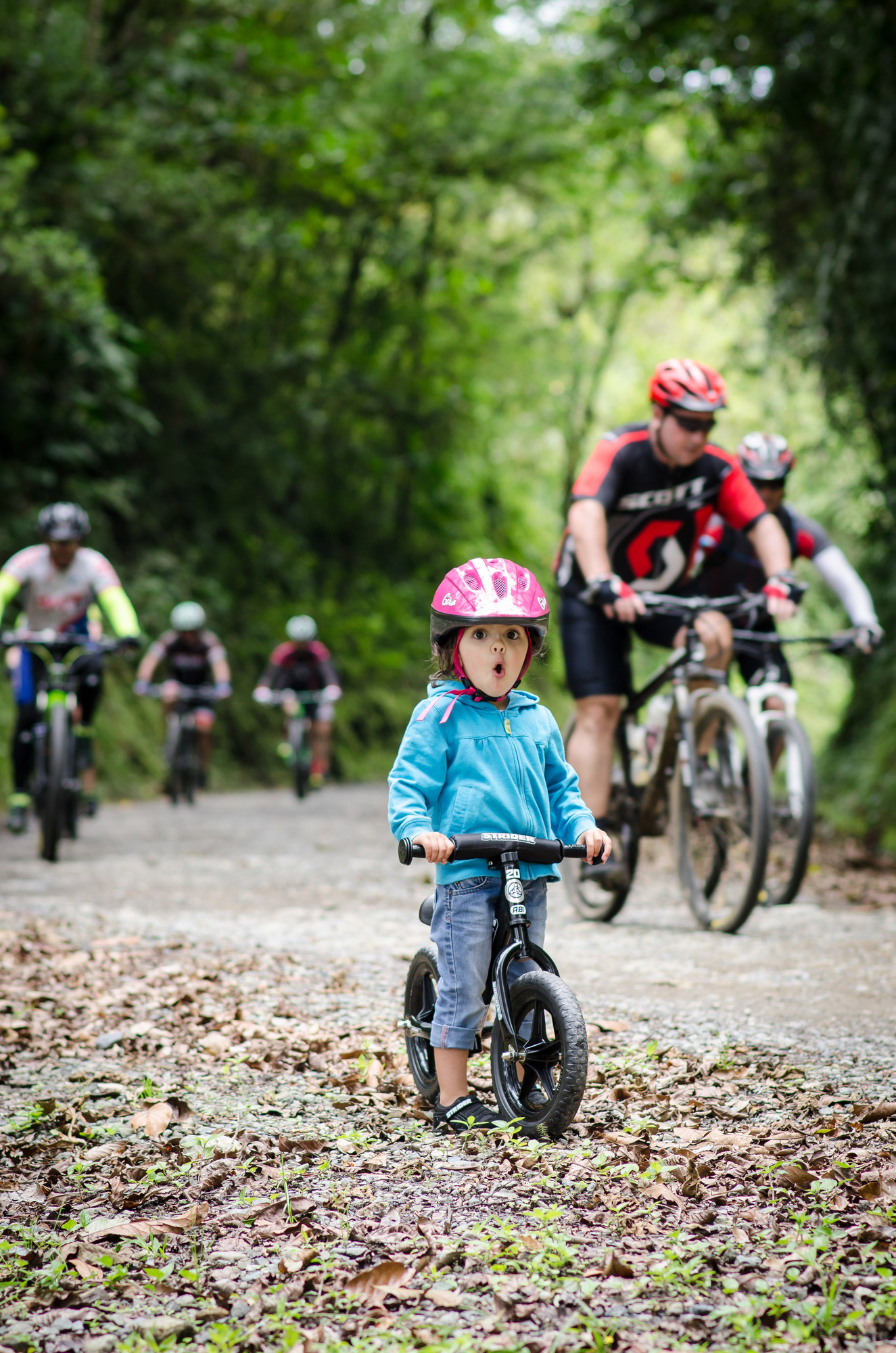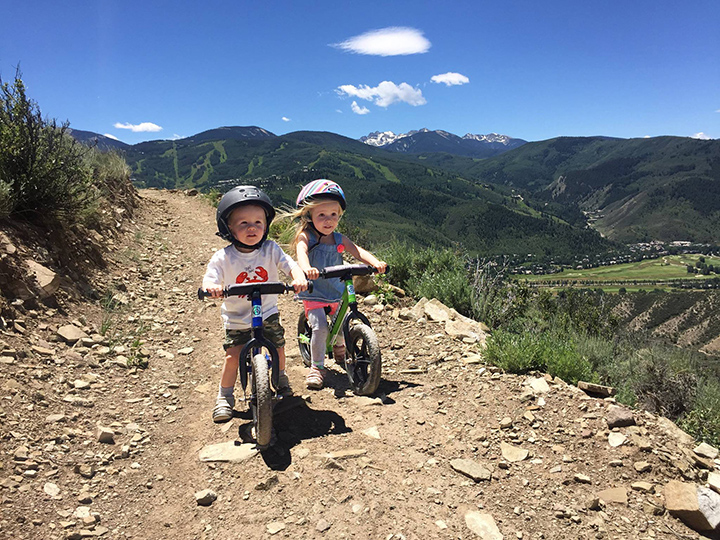Slowing down life has become a trending topic as the world becomes more entwined in technology. We are more connected than ever before in history, but amidst the connection we find ourselves wanting to disconnect. This is often easier said than done, and even when it is done we continue to turn to social media to share how we’ve disconnected or embraced a slower lifestyle with our hashtags, #slowliving. The irony of using and looking at hashtags such as #getoutside and #keepitwild from your phone or computer screen shows only what you are missing, what you yourself are not doing because instead, you’re stuck behind your screen.
When you look at your life and your family what memories will you cherish? Will you think back to that time you found that cat-meme or do you want to remember enjoying the world around you rock hunting in the creek outside town? It’s time to get rid of the excuses and get obsessed with outside.
Tips to slow down your life and teach your children to be obsessed with outside:
1. There’s no such thing as bad weather
Have you ever jumped into a pool to feel a shock in temperature change only to become easily and comfortably adjusted only moments later? Don’t base your experience on what the outside feels like at first or what it looks like, our eyes can be deceiving. My son has woken up and looked out the window, declared it to be cold out because he didn’t see the sun. When he walked out the door he found it was a warm, balmy day. We see snow and we think cold when it might be a nice, sunny day. Cold, hot, snowing, raining. Unless the weather is dangerous there’s no such thing as bad weather. “It’s snowing” is not an excuse to stay indoors, especially for children. We wear mittens, hats, coats and boots, all these things help us enjoy the outdoors. The right gear makes all the difference, especially when it’s snowing. Grab your coat, grab your gloves and get outside. Step out the door and give outside a try with the same enthusiasm that you would with the most beautiful day you can imagine.
2. Play outside the structure
Free outdoor play encourages creativity, engineering, imagination, ingenuity, brain development, and immune system development. More and more junk playgrounds are popping up in around the country. These are just what they sound like. Old wood, car parts, tools, pretty much anything. By letting kids play outside the structured parameters that adults set for them they are free to develop skills and test ideas that will continue to aid them throughout their lifetime, as their creativity knows no bounds they can explore, and problem solve on their own. There’s no need to travel to or create your own junk yard playground, instead, let your kids build and explore without micromanaging them. Allowing their creative juices to flow through their hands and imaginations can spark so much in their minds! Who knows, you might have a budding little architect on your hands! Let your children wander their habitat, if there is a greenspace or any sort of outdoor trail system in your area let them lead without interference. They don’t have to stay on the trails (unless the signs tell you to), let them move, climb, wade, and get as dirty as they want.
3. Make nature accessible
Living in bigger cities isn’t an excuse to avoid the outdoors. Sure, there may not be a trail around the corner, but you can still go outside. Finding bugs, birds, different shapes of leaves, these things make up our world. Your small fry sees a lot more of this nature around them than a normal adult. Going outside, walking to the store, the park, any of these things automatically brings nature to your child. Have 3 hours on a weekend? Take them to a nearby preserve, allow them to explore the natural world around them. The most important part is saying yes and finding that time to walk out the door, get courageous, dress appropriately and get outside.
4. Make nature natural
Dirt, bugs, grass, snow, mud. These things make up the world around us and are all part of a healthy ecosphere. We should teach our kids that they are a part of nature, not that it is something to be avoided. Nature is an important part of our human health, not just for food but it also aids in our immunity, vision, mental health and vitamin intake. Sunlight alone creates vitamin D in our bodies. Teaching our kids to avoid the puddles is warning them to stay away from nature. Consider why they must stay out of the puddle? You don’t want them to splash you? Even if they don’t have the proper footwear, walking home with wet socks squishing water back between your toes is a life experience everyone should have.


5. Connect with your community
Walking around your block in the summer and you will greet kids riding their bikes and people tending to their lawns or just enjoying the sun. Walk around the block in the winter and you’ll wave at bundled up people shoveling their walk or scraping ice off their windshield. By walking around your neighborhood, you show that you are a part of that community and it allows you to see who else shares your little corner of the world. When we go straight from our house to our car to our work then back again we don’t get a chance to step out and see who our neighbors really are. When we really join and participate in a community, we find our comrades. The people in your neighborhood are some of the people you will have the most in common with. When it’s a community you dwell in daily you have easy access to the support that a community provides and better, you become of a supporter of the community you live in.
6. Structured sports don’t count
Structured sports provide many benefits, but they don’t inspire exploration and the slow-paced freedom to move that helps facilitate falling in love with outside. You might be outside, but the goal is to participate in that direct sport, not to soak in the world around you. Make time after that soccer practice or swimming lesson to enjoy the park, eat lunch in the grass, explore your surroundings.
7. Spend time outside every day
Walk to the store, bike to school together, water your garden by hand, go for a jog, a run, a hike. Feeling fatigued? Get outside. Feeling stressed? Get outside. Trouble concentrating, sleeping, thinking? Getting outside is profoundly important and beneficial to our health overall. Purposefully spending time outside will unquestionably make a positive influence on your life and it will also set an example and a lifestyle that your child will be accustomed to.


If you’re a parent you’ve been pummeled with photos of children’s lunches being made into animal shapes and story boards. Go to the grocery store and you’re presented with millions of options of boxed foods. Our efforts have made a simple human need beyond complicated. Children don’t need monkey-shaped sandwiches or easy-mac, if eating is to become an experience it can be done much more easily by learning from good ol’ Mother Nature. Memories are made growing your own food, foraging while hiking, and learning that carrots have green stuff on top and can make a variety of cone-like shapes, that they don’t grow in the shape of smooth thumbs. We can make healthy foods enjoyable for kids without having to trick them by adding pureed greens into their pancakes. Take their hand, let them dig, plant seeds and eat directly out of the garden. Go out for a walk in your local greenspace and see if you can find any herbs growing in the wild. Take a field guide with you so that you can point out what plants are edible, what are weeds, which mushrooms to stay away from, learn as you go. These tangible, hands-on skills are fun for children (and adults) and they create knowledge that will carry on throughout their life. Recognizing plants and growing your own food will serve your child far deeper than learning how to order at the local deli.
9. Create routines
Spending time outside every day sounds daunting especially on days that you just don’t feel like it. Creating a routine will help you get outside on days that you struggle for motivation or don’t have other outdoor activities planned. Just because you went for a walk that morning doesn’t mean you should skip your routine. Routines are the set practice of your purpose, everything else is just extra pieces of your life. Making a point to ride your bike around your neighborhood for 10 minutes a day after work, walk with your kids down to the park every Tuesday and Thursday evenings or any regular outdoor activity that you know you are scheduling and following through with.
10. There is so much to experience
When you think back to the best experiences of the last month, the year or of your lifetime how many of them happened behind a screen? How many happy times were because you were staring at your phone in your hand? I’m going to guess none. Make a list of what you want to experience, start with things in your town then slowly widen your lens to include your more ambitious dreams. Then, start checking things off your list! You can include your kids in the list too, what do they want to do? What do you want to do together? Even if your list includes items that aren’t kid friendly (maybe you want to start ice climbing?) you’ll still be inspiring them to get out and become obsessed with the outdoors.
Words by Sarah Pioske
See the original article here.

